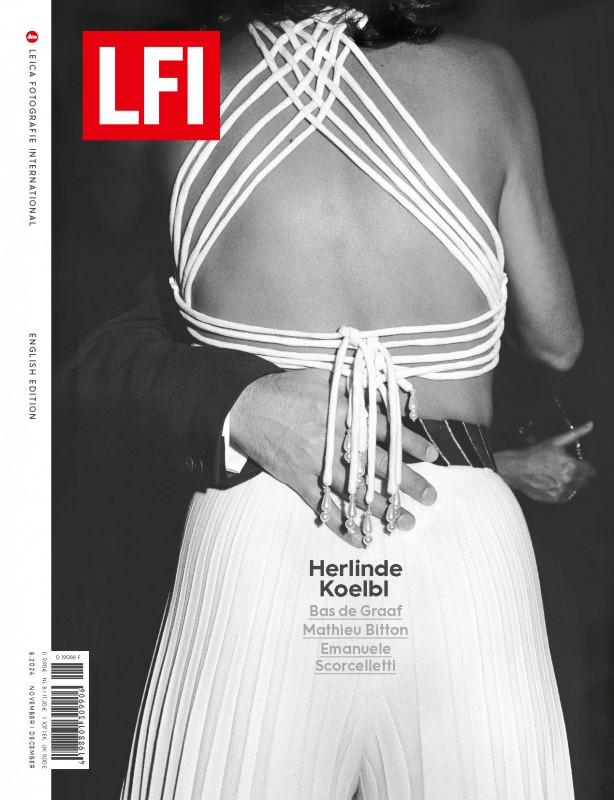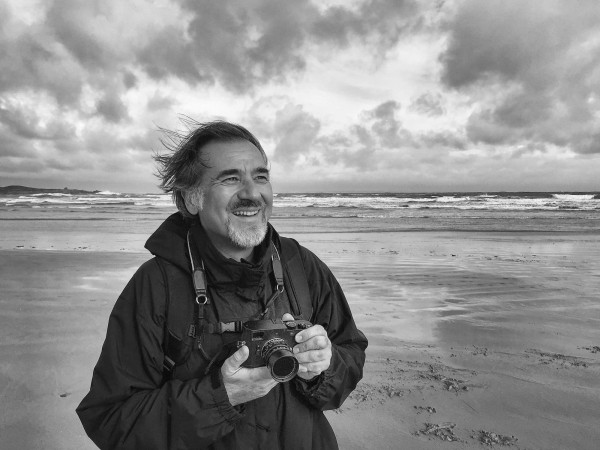Ricordi
Ricordi
Emanuele Scorcelletti
November 29, 2024
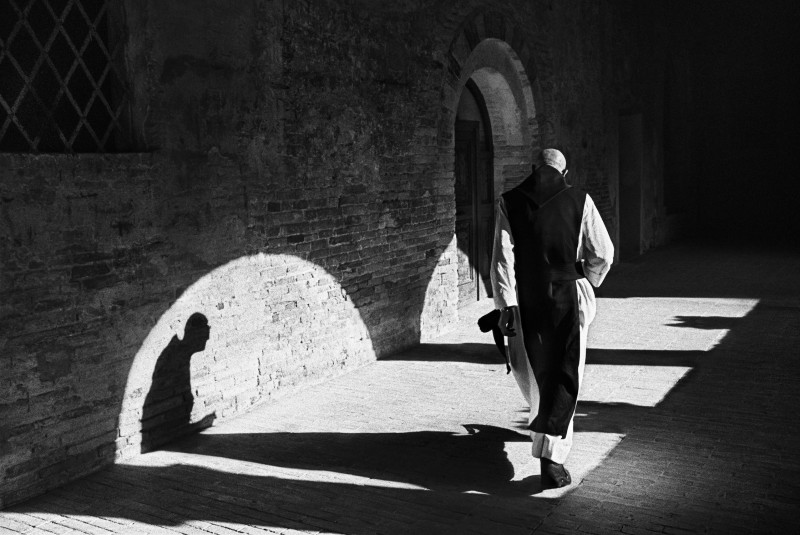
Abbazia di Fiastra, Urbisaglia, 2014
In his Ricordi series, the photographer makes a very deliberate reference to the tradition of European humanistic photography, which poetically and thematically centres around people and their daily lives. In an interview, the photographer mentioned Mario Giacomelli, Henri Cartier-Bresson and Jacques-Henri Lartigue as important role models: “All artists follow in the footsteps of the great masters who are the most similar to them, in order to create their own language. I have developed my own imagery by studying the works of the three artists mentioned. Each time, I try to recount it through my own eyes.” He actually got to know Mario Giacomelli in person, in Senigallia, which is not only the birthplace of the admired photographer, but also where Scorcelletti’s own father was born.
“Giacomelli’s photography is rich in the poetry of this land and, at the same time, it conveys that spontaneity of everyday life that characterises Italian neo-realism,” Scorcelletti explains. The work of Henri Cartier-Bresson is equally important to him: “I have always admired his ability to elegantly capture the moment, while revealing its deep meaning. To use his words, I strive to put “the mind, the eyes and the heart” into the same line of sight, every time I shoot. Like him, I try to bring out the poetic humanity of being.” Concerning his third role model, he states: “All my images then pay homage to Jacques-Henri Lartigue. He taught us the happiness of existing – the ability to always look at life through the enthusiastic eyes of a child. Thanks to Lartigue, I’m always able to marvel, and maintain in my pictures that lightness that becomes the tool to deal with the complexity of life.” A look at these photographic traditions also helps to explain the timeless elegance that defines Scorcelletti's photographs: “My intention is not to document; but to convey the universality of those places in which we can recognise ourselves.”
LFI 8.2024+-
Find an extensive portfolio of the photographer in LFI Magazine 8.2024. More
Elegia Fantastica: Between Memory and Visions+-
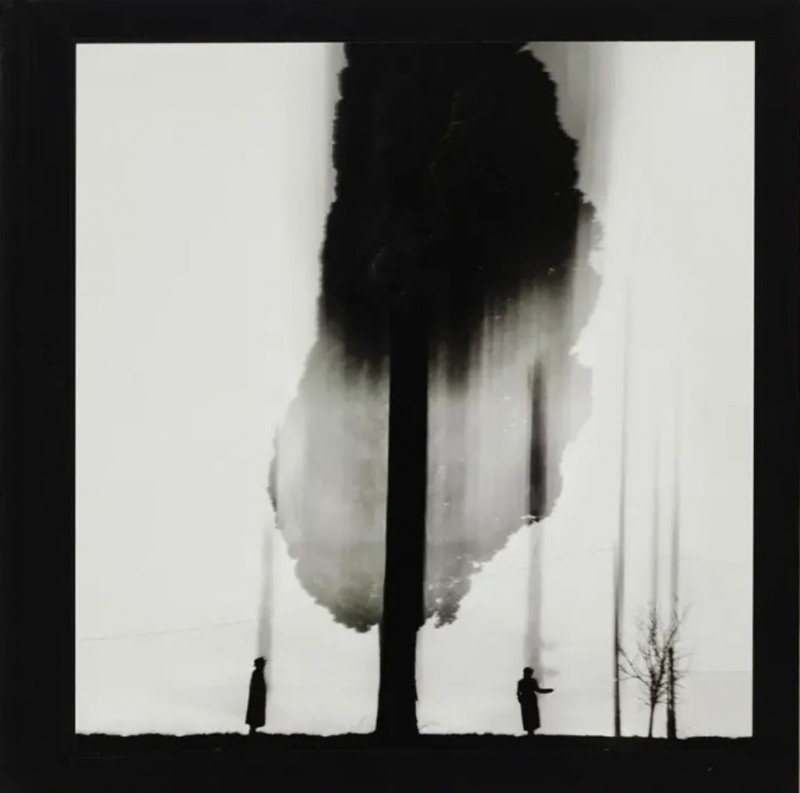
The Elegia Fantastica photo book was published by Hemeria in 2022.
Emanuele Scorcelletti+-
The photographer’s parents came from the Marche and Friuli regions of Italy. He was born in Luxemburg in 1964. He studied at the Institut national de radioélectricité et cinématographie (INRACI) in Brussels. Between 1989 and 2009, he belonged to the Gamma Agency in Paris, but now works as a freelance photographer for magazines, advertising and fashion. His picture of Sharon Stone on the red carpet, outside the Palais des Festivals in Cannes, received the 2003 World Press Photo Award in the category of Art and Culture. In addition to portraits and pictures related to cinema, fashion and luxury brands, he has always also worked on social projects. Scorcelletti’s works have received numerous awards and have been widely exhibited. More

Abbazia di Fiastra, Urbisaglia, 2014
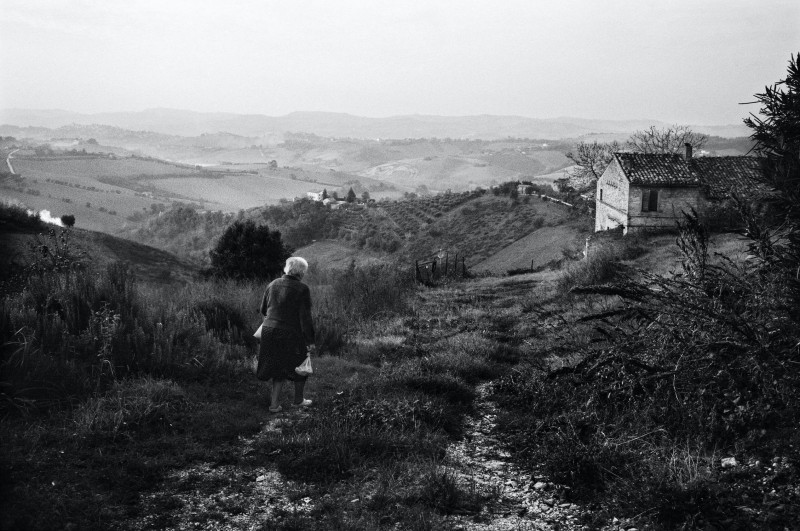
Nei dintorni di Fermo, 2014
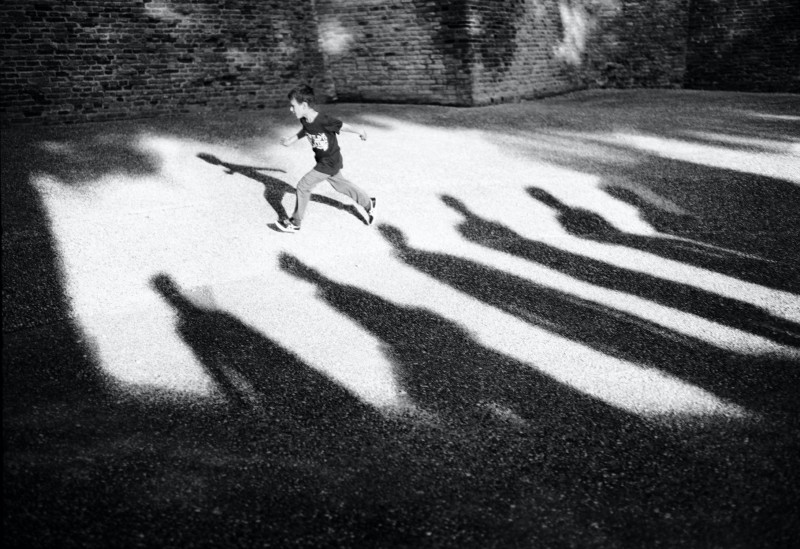
Rocca di Mondavio, 2015
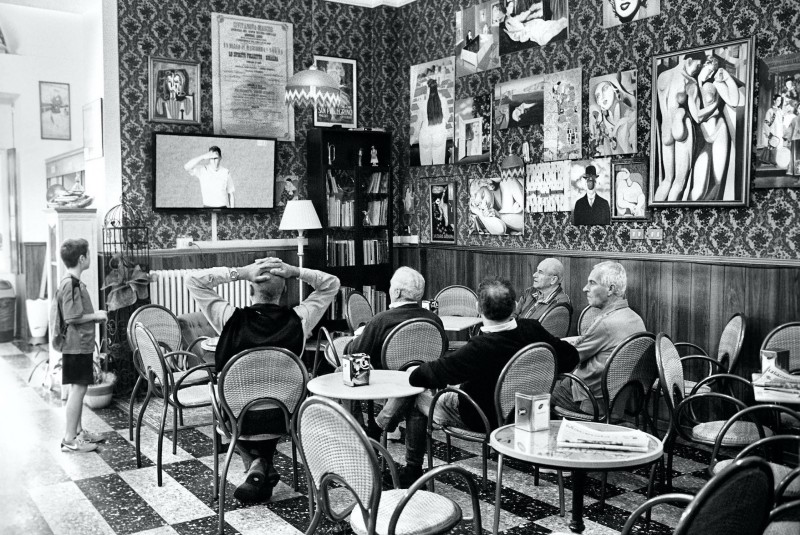
Caffe’ del Teatro Cerolini, Civitanova Alta, 2015
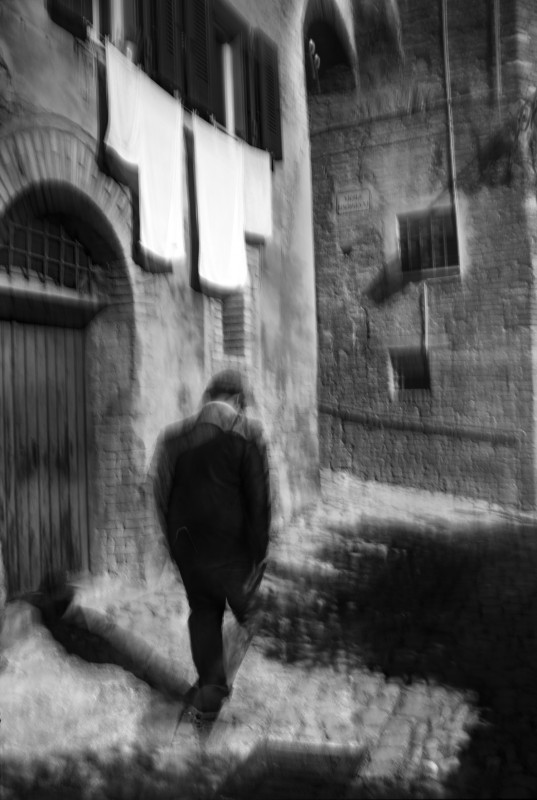
Centro storico, Jesi 2021
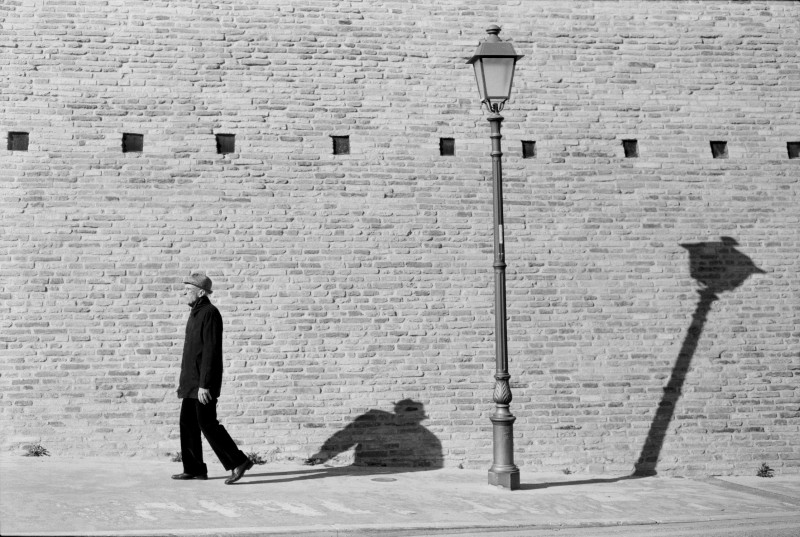
Ascoli Piceno, 2015
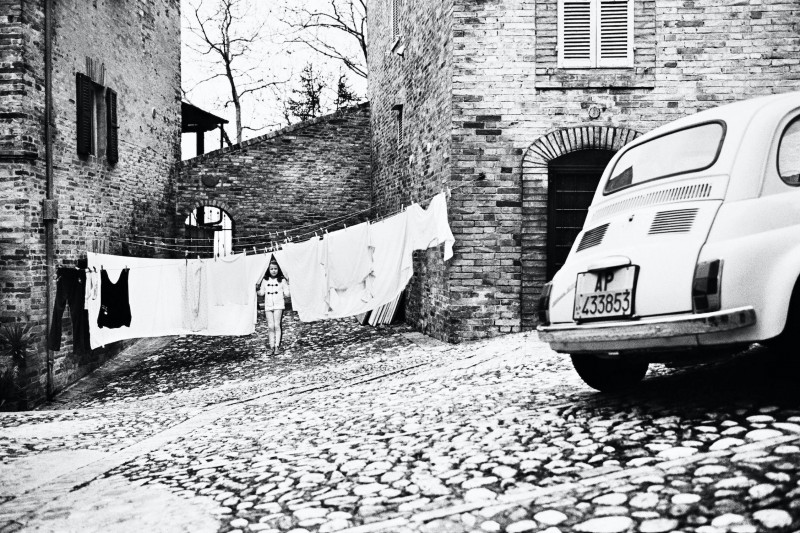
Petritoli, 2014
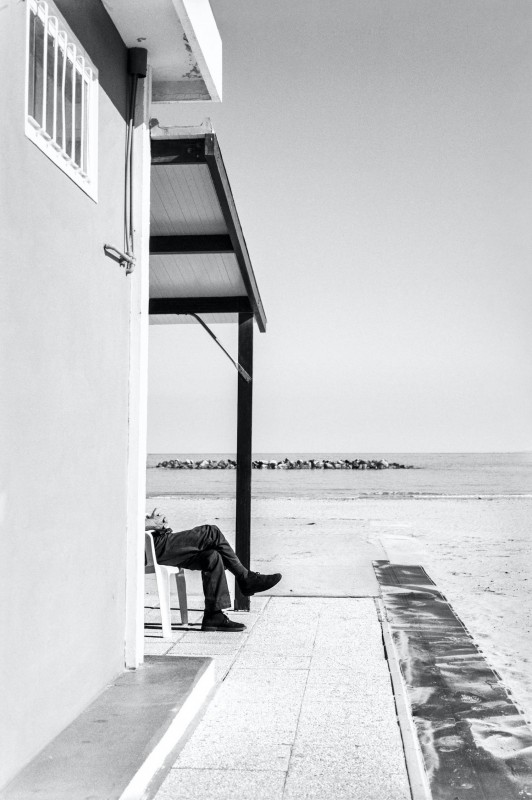
Spiaggia di Porto San Giorgio, 2018
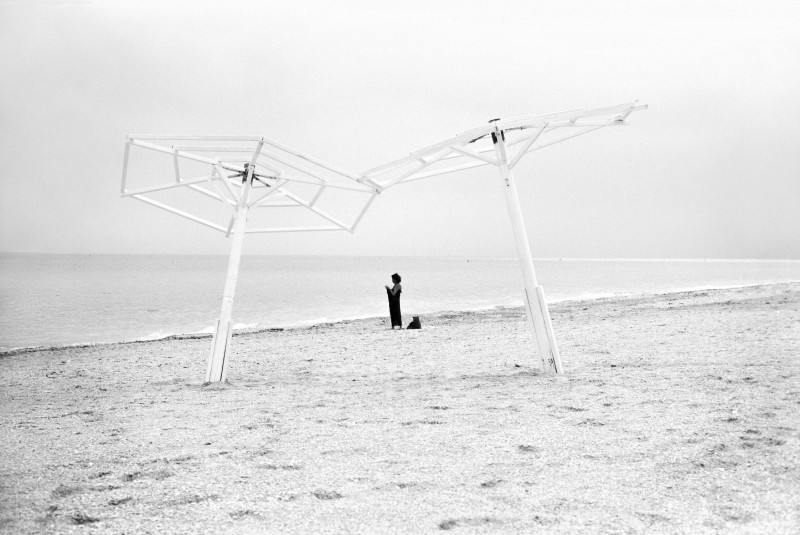
Civitanova Marche, 2015
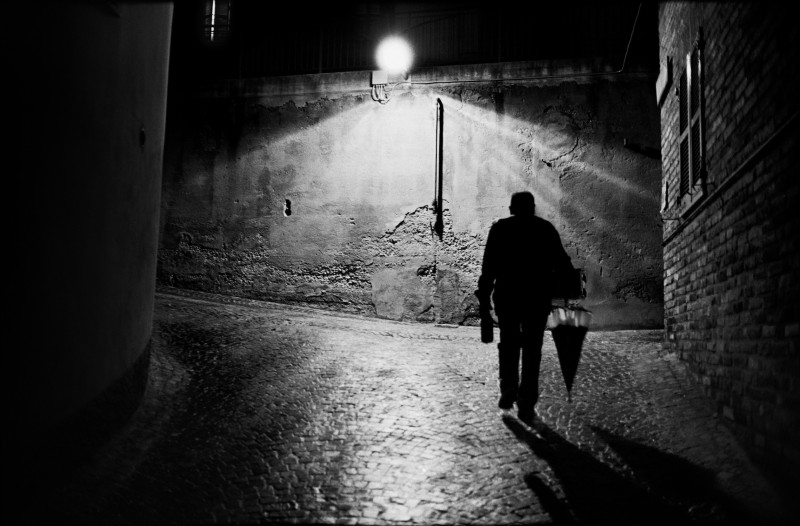
Ripatransone, 2014
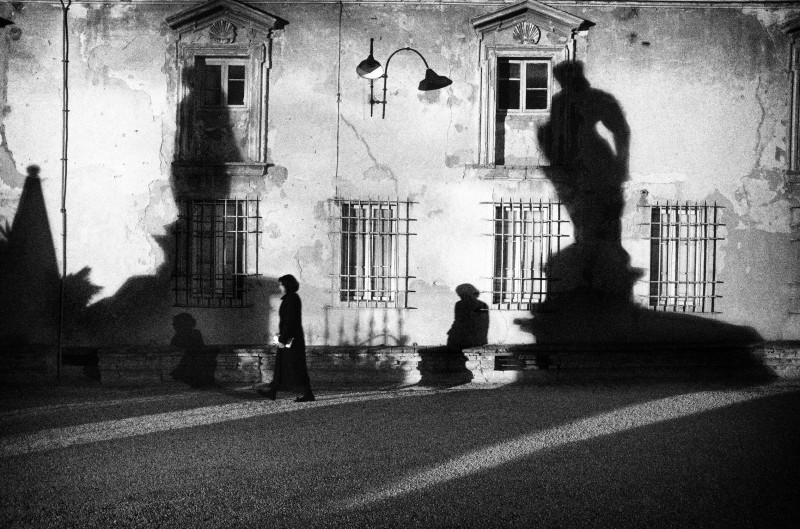
Villa Buonaccorsi, Potenza Picena, 2017
